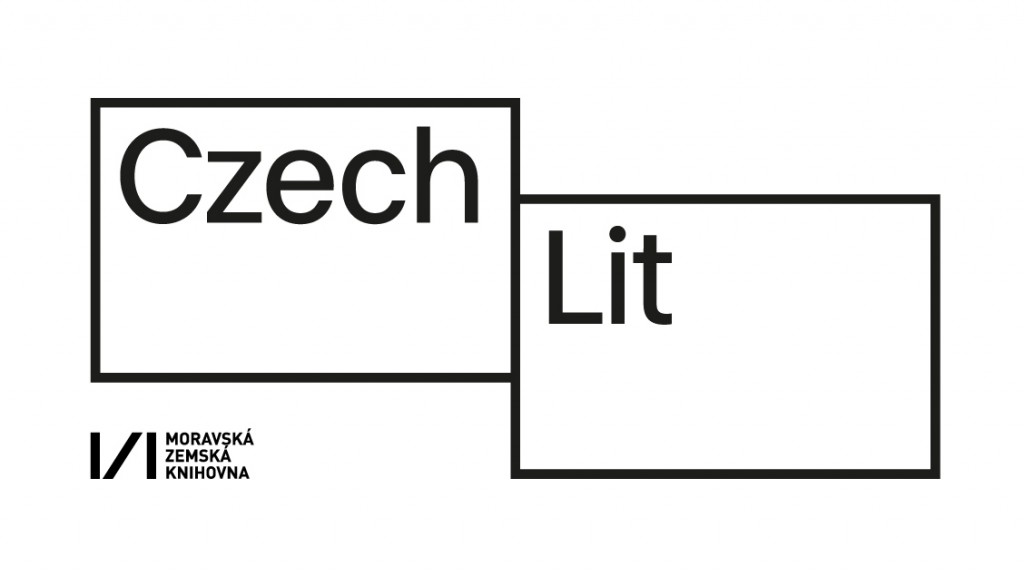The Czech Literary Centre was established by the Moravian Library in January 2017 under the authority of the Ministry of Culture of the Czech Republic. Its aim is to continuously and systematically promote Czech literature and book culture abroad. The current head, Ondřej Buddeus, is leaving at his own request on 31 July 2019. Therefore, the director of the Moravian Library, Tomáš Kubíček, has entrusted Martin Krafl with the leadership of the Czech Literary Centre. The change in leadership was also discussed on Wednesday by the Council of the Czech Literary Centre. It was agreed that Martin Krafl would be in charge of the Czech Literary Centre for one year.
Martin Krafl has been working at the Moravian Library since April 2017, when he became a programme coordinator of the presentation of the Czech Republic as a guest country at the Leipzig Book Fair 2019 and the Czech Year of Culture in German-speaking countries. This step brings a temporary organizational merger of the current activities of the Czech Literary Centre and the presentation of contemporary Czech literature at foreign fairs, which is organized by the Moravian Library. Martin Krafl will continue to coordinate the activities of the Czech Year of Culture in German-speaking countries (October 2018 – November 2019). He will also be responsible for coordinating the participation of the Czech Republic as the main guest at the Warsaw Book Fair in May 2020.
“Together with the team from the Czech Literary Centre and my colleagues from the organizing team of the guest appearance of the Czech Republic at the Leipzig Book Fair, I would like to follow in the two years of activity of the Czech Literary Centre with an emphasis on clearer territorial targeting and, in accordance with the statement from the Council of the Czech Literary Centre, to introduce a new strategy for the activities of the Czech Literary Centre in June 2020, including its staffing. After the success in Leipzig, I consider the German-speaking market a priority, to which I want to concentrate at least 50% of the activities of the Czech Literary Centre. I would also like to aim towards the guest appearance of the Czech Republic at the book fair in Frankfurt am Main. The other important markets are the Anglophone and Francophone markets. In the mobility programme, I would like to achieve reciprocal residences with prestigious European partners (e.g., the Network of Literary Houses of German-Speaking Countries or UNESCO – the Network of Creative Cities of Literature), and I consider it essential, among other things, to cooperate with translators and students of Czech studies, especially in Western Europe, ” said Martin Krafl in connection with his appointment.
Professional CV – Ing. Martin Krafl
Martin Krafl is currently the programme coordinator of the Czech Year of Culture in German-speaking countries, which included the guest appearance of the Czech Republic at the Leipzig Book Fair 2019.
He graduated from the Faculty of International Relations at the University of Economics in Prague and the University of Vienna. He worked as a media advisor to the British Festival Theatre Company and as an editor and presenter for RTL Prague radio and TV Premiéra. In 1996–2003 he worked for the President of the Czech Republic, Václav Havel, as a deputy spokesman and head of the Press Service of the Presidential Office. He was also a media advisor to the Dagmar and Václav Havel Foundation VIZE 97 and a member of the government inter-ministerial working group for the communication strategy of NATO in the Czech Republic. In 2003 he worked as a spokesman and head of the Information and Public Relations Department of the Central Bohemian Region Office and the governor, Petr Bendl. From 2004 to September 2007 he was a spokesperson for Czech Television. He was also in charge of the Department for Contact with Viewers of Czech Television and he founded the Viewers’ Centre.
In the years 2004–2006 he participated in the contact programme of Czech Television’s Adresát, which he also presented. From October 2007 to March 2017 he worked in the Czech Republic’s diplomatic services. He worked for Czech centres – from October 2007 to June 2011 he was director of the Czech Centre in Berlin, from January 2012 to March 2017 he was director of the Czech Centre in Vienna, with competence for Austria and Switzerland, and from June 2014 to September 2016 he was president of the Austrian association of European Union National Institutes for Culture EUNIC Austria. In 2016, he worked as an advisor to EUNIC GLOBAL in Brussels within an expert group on European clusters.
